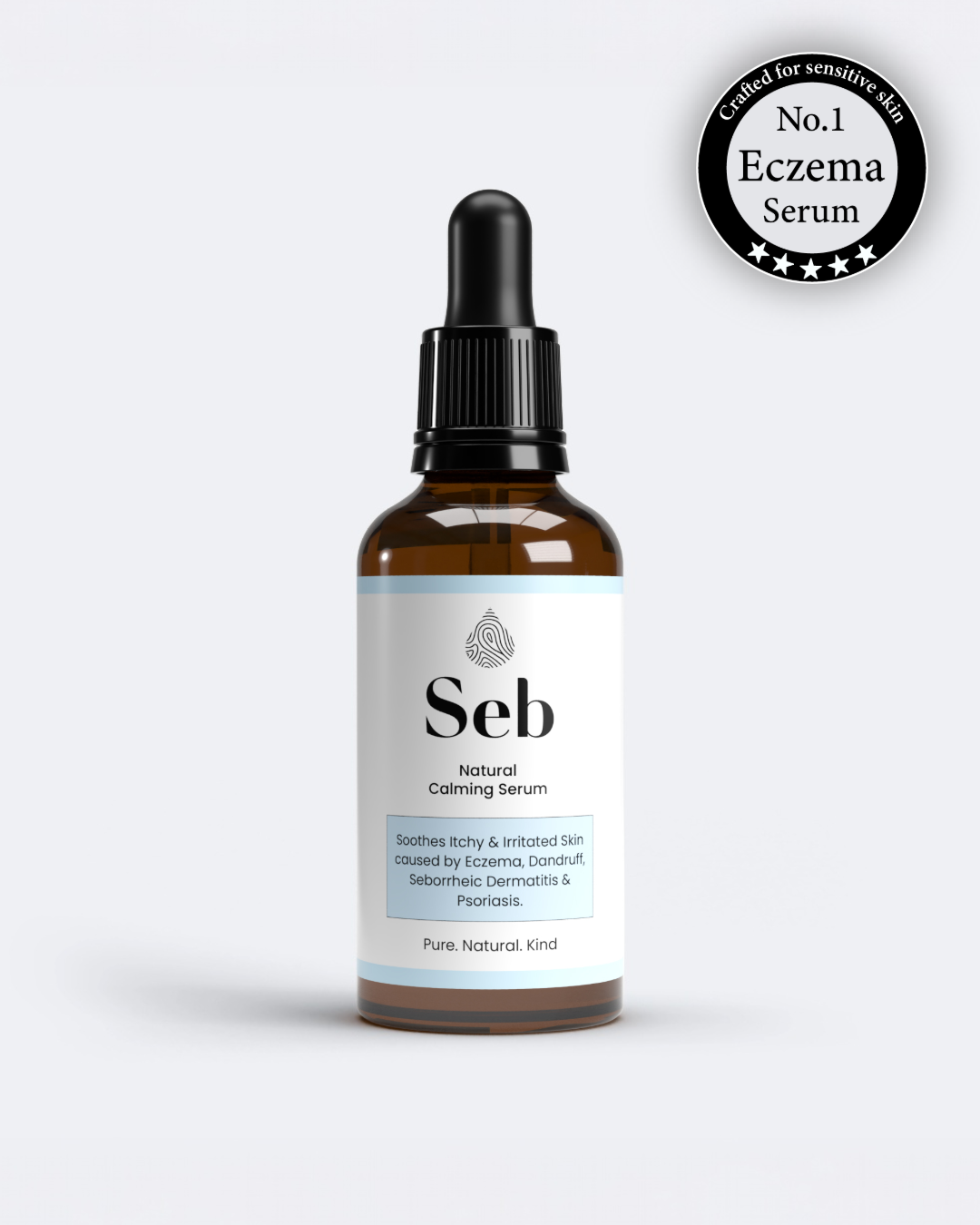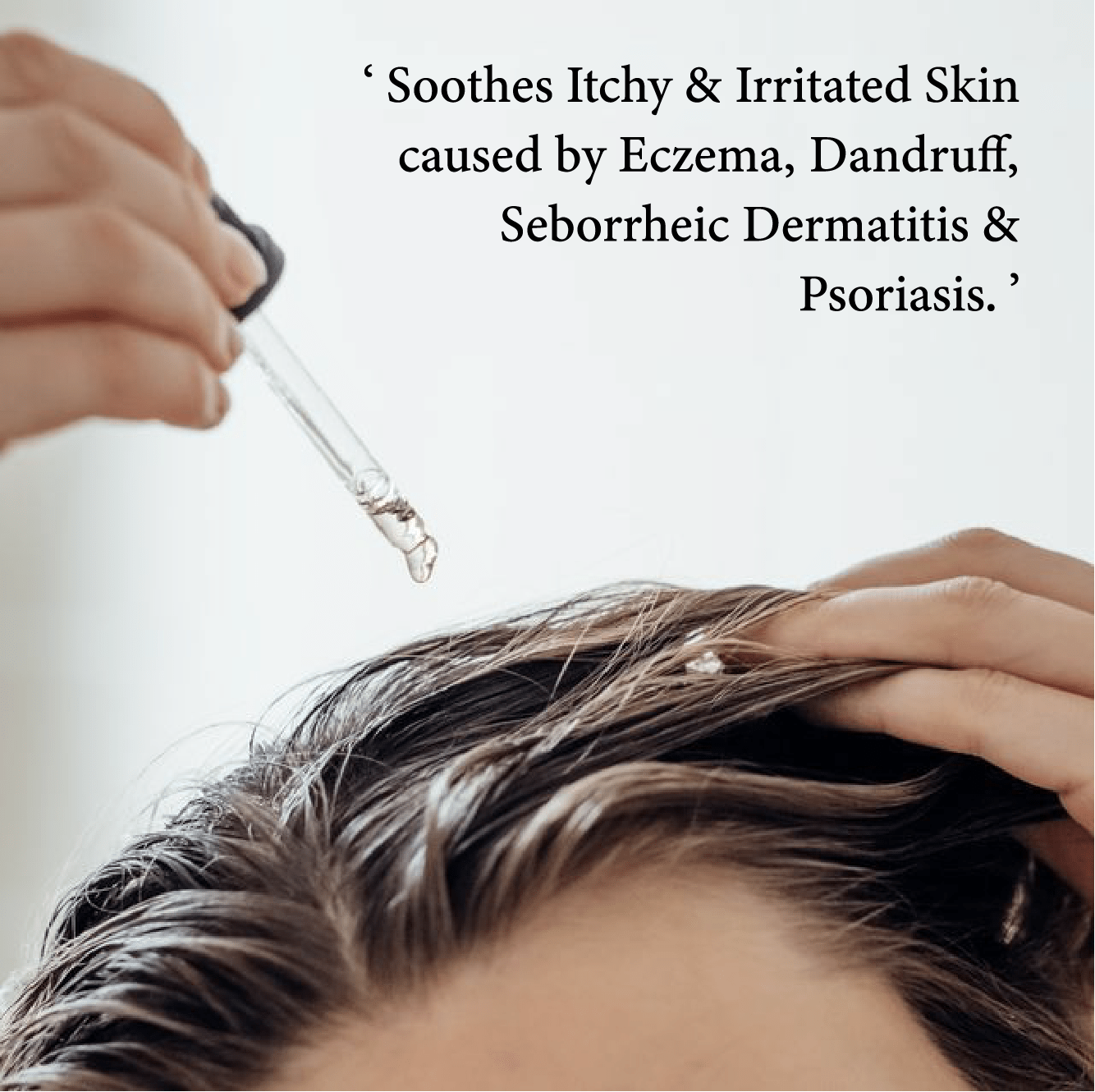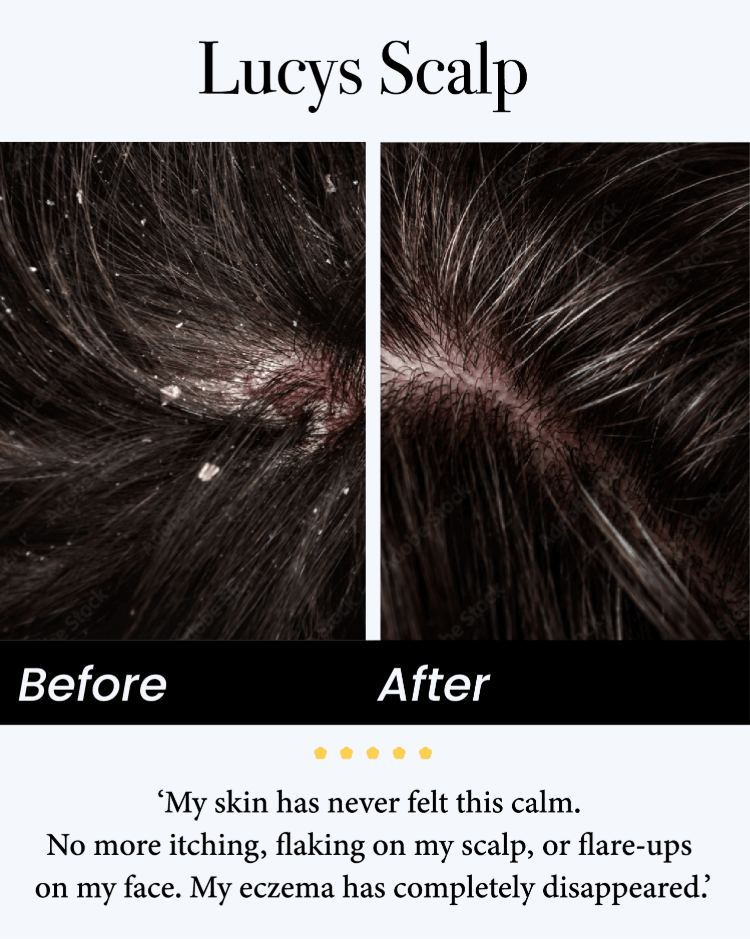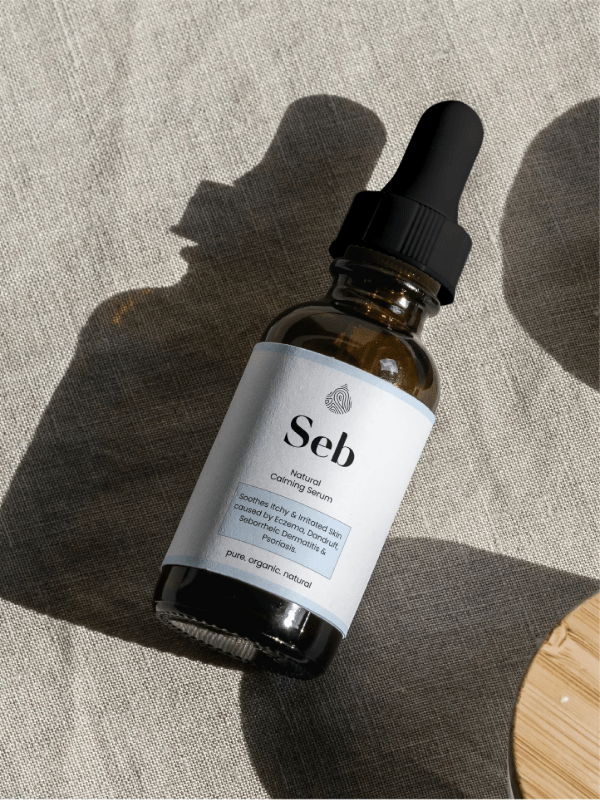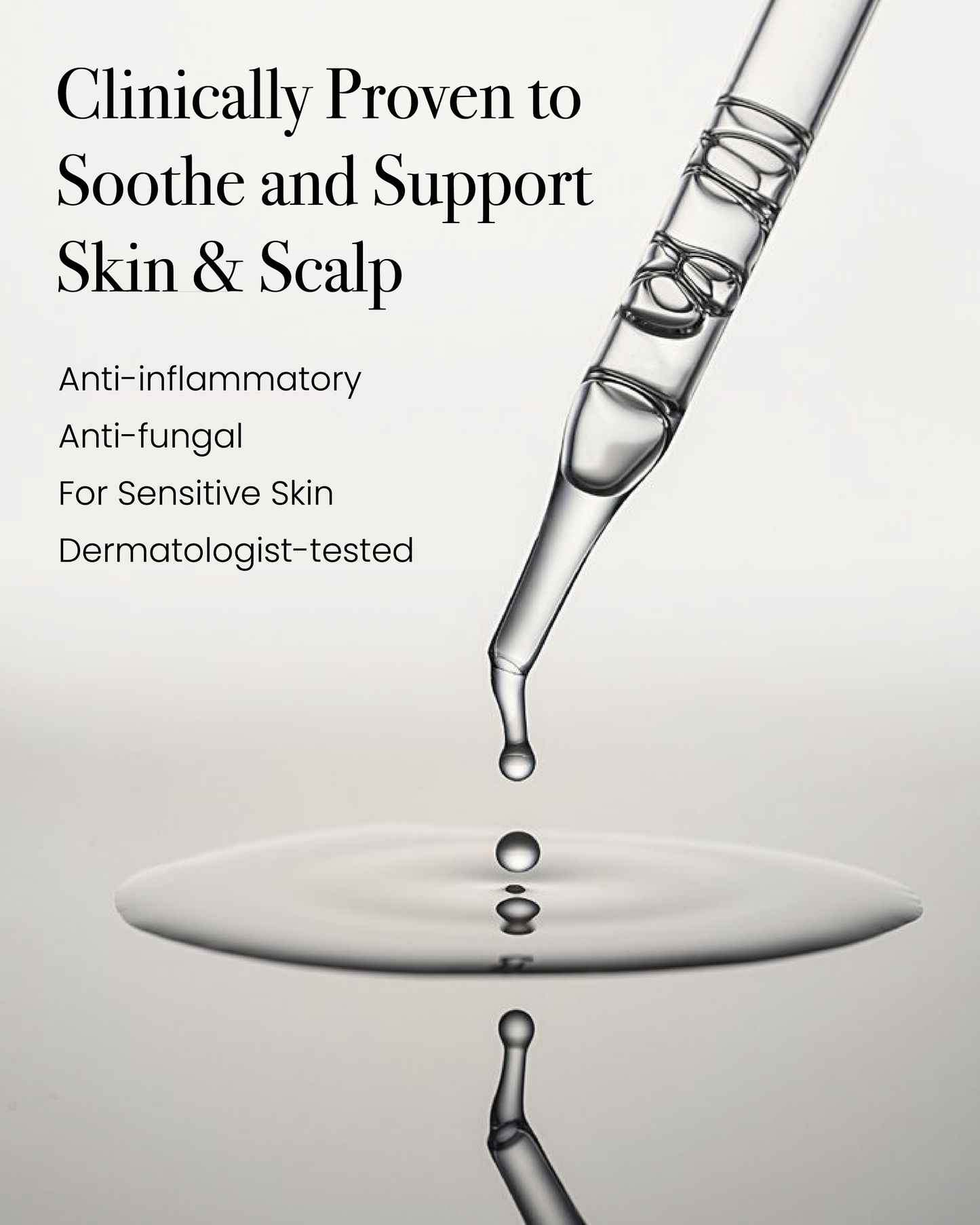
Coconut Oil & MCT Oil. Whats the Difference?
Title: Unveiling the Beauty Benefits: Regular Coconut Oil vs. MCT Oil
Introduction:
In the world of natural beauty, coconut oil has long been hailed as a multipurpose elixir for skin and hair care. But have you heard about its sophisticated sibling, MCT oil? Let's dive into the key distinctions between regular coconut oil and MCT oil, exploring why MCT oil stands out as a superior choice for enhancing skin and cosmetic routines.
- The Basics: Coconut Oil vs. MCT Oil
Regular coconut oil is extracted from the meat of coconuts and contains a combination of fatty acids, including long-chain triglycerides (LCTs) and medium-chain triglycerides (MCTs). MCT oil, on the other hand, is a concentrated form that exclusively contains MCTs, which are shorter in length than LCTs.
- Absorption and Quick Energy:
The magic of MCTs lies in their rapid absorption by the body. Unlike LCTs found in regular coconut oil, MCTs are quickly converted into energy, providing a fast and efficient fuel source. This characteristic extends to the skin, making MCT oil an ideal choice for cosmetic applications.
- Lighter Texture and Non-Greasy Feel:
One of the main reasons MCT oil is gaining popularity in the beauty world is its lightweight texture. Regular coconut oil, while rich and nourishing, can sometimes feel heavy on the skin. MCT oil, being lighter and less greasy, absorbs effortlessly, leaving your skin feeling soft and rejuvenated without the sticky residue.
- Antimicrobial Properties:
Both regular coconut oil and MCT oil boast antimicrobial properties, thanks to lauric acid present in their composition. However, MCT oil takes the lead with a higher concentration of caprylic acid, known for its potent antimicrobial and anti-inflammatory effects. This makes MCT oil an excellent choice for those dealing with acne-prone or sensitive skin.
- Versatility in Cosmetic Formulations:
MCT oil's compatibility with various cosmetic formulations sets it apart. Its light and non-comedogenic nature make it an excellent base for skincare products, including creams, lotions, and serums. MCT oil can enhance the absorption of other active ingredients, maximizing the effectiveness of your beauty routine.
Conclusion:
While regular coconut oil has its place in the world of natural beauty, the rise of MCT oil introduces a new player with distinct advantages. For those seeking a lighter, easily absorbed, and versatile oil for their skin and cosmetic needs, MCT oil emerges as a superior choice. Embrace the beauty benefits of MCT oil and elevate your skincare routine to new heights. Your skin will thank you for the indulgence!


